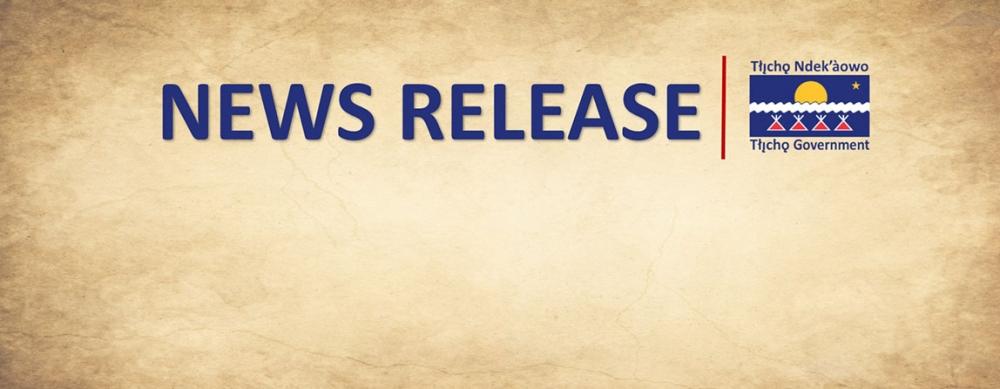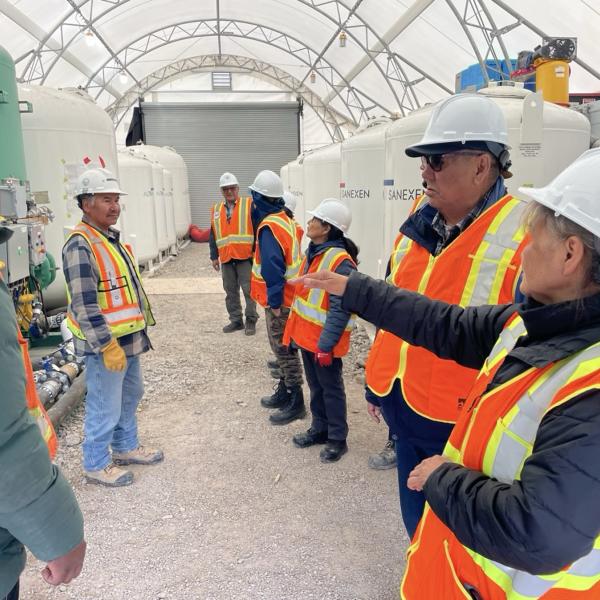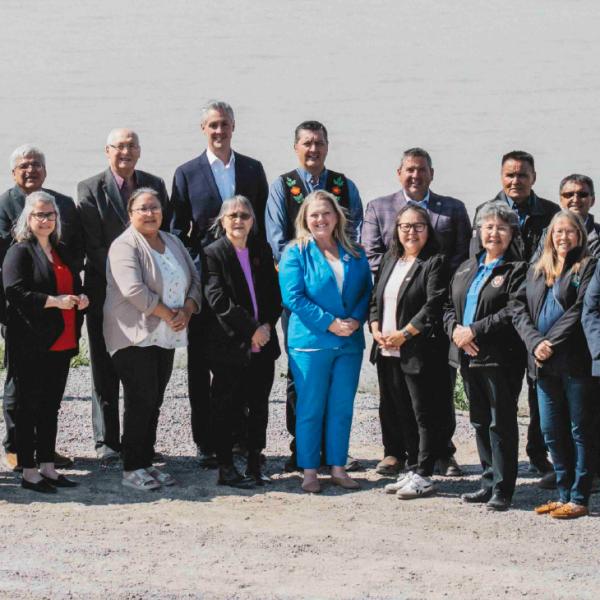Tłı̨chǫ Government Proposes a Strategic Assessment of Development Options for the Slave Geological Province, Northwest Territories
Behchokǫ̀, NT (July 1, 2021) The Slave Geological Province is a large area of the Northwest Territories and Nunavut, mostly within Mǫwhì Gogha Dè Nı̨ı̨tłèè with a large part in Wek’èezhı̀ı – the co-management area established by the Tłı̨chǫ Agreement. The region has great value for Tłı̨chǫ cultural well-being, way of life, caribou, and economic development.
Tłı̨chǫ Government (TG) believes creative opportunities can be found to develop the region in a way that balances economic benefits with cultural and environmental values, so that the overall well-being of Tłı̨chǫ people is enhanced and sustained. To succeed, we need an independent assessment of impacts, benefits, and options before permanent infrastructure is built. Permanent infrastructure will irreversibly change the region - there is only one chance to get it right.
Fortunately, we have a co-management tool available to help us: Under the Mackenzie Valley Resource Management Act, TG has sent a letter to the federal minister requesting a regional strategic environmental assessment (RSEA) of development options for the Slave Geological Province.
TG vision for the RSEA is: An independent strategic assessment of all the factors in the region to inform TG, GNWT, and all decision-makers and interested parties about future development options.
- Designed through collaboration between territorial and Indigenous governments/organizations, and conducted by the Mackenzie Valley Environmental Impact Review Board.
- Involving industry and all interested parties.
- Bringing together the best available information on caribou and the environment, mining and economic development, cultural and socioeconomic well-being.
- Providing a better foundation for project assessments, especially for cumulative effects.
- 2-3 year duration (EA, caribou management, and other processes continue in the meantime).
- Providing clear recommendations, to better inform decisions about how to move forward.
This is a proactive approach, to help find a positive path forward for the region – avoiding serious impacts, and maximizing benefits. This work is urgent and needs to be approached in the spirit of co-management. Tłı̨chǫ Government needs to be involved every step of the way. We are ready to work with GNWT, Canada, and our Indigenous neighbours.
For more information contact [email protected]






